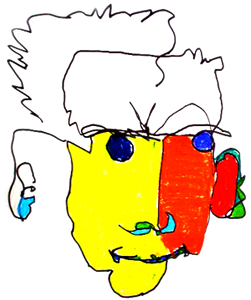I’m a panelist at uLearn17
This wasn’t planned and I had no idea I’d be doing this only last week… however, looking forward to participating with Helen Cooper, @jayeriki @FionaGrant “On the Sofa” for Digital Technology | Hangarau Matahiko session, Breakout 4 Thursday #ulearn17 https://e.core-ed.org/breakouts/ulearn17/view#/breakouts/421/ulearn17/view/1135
